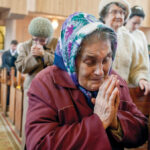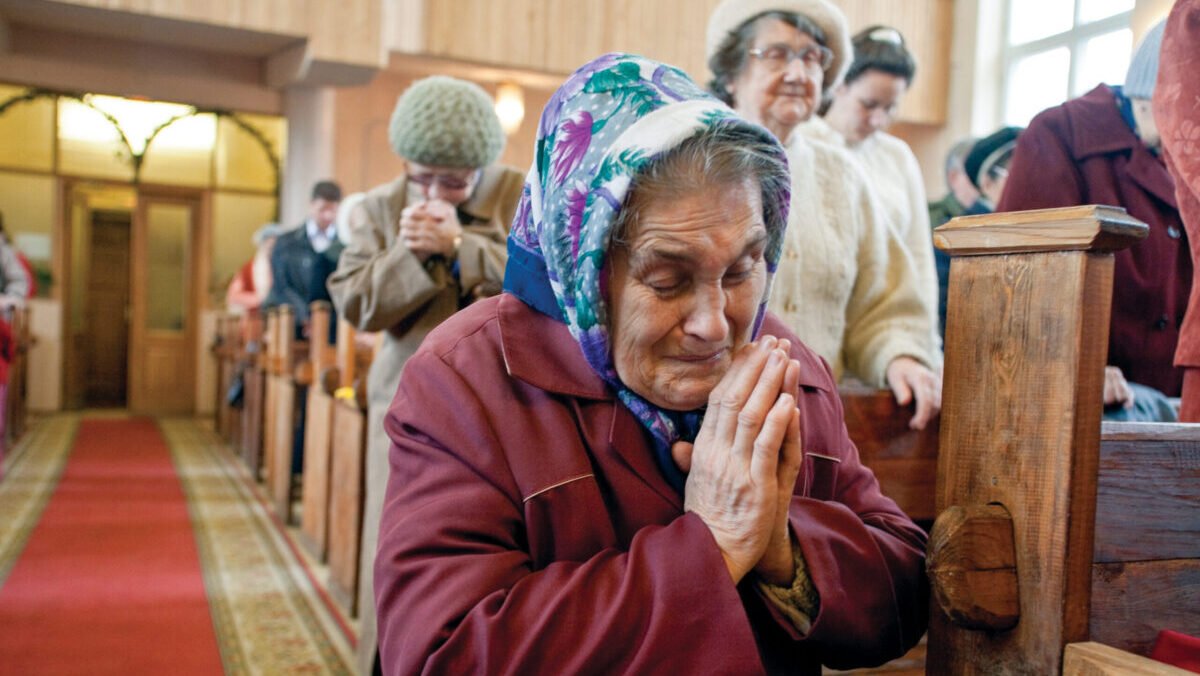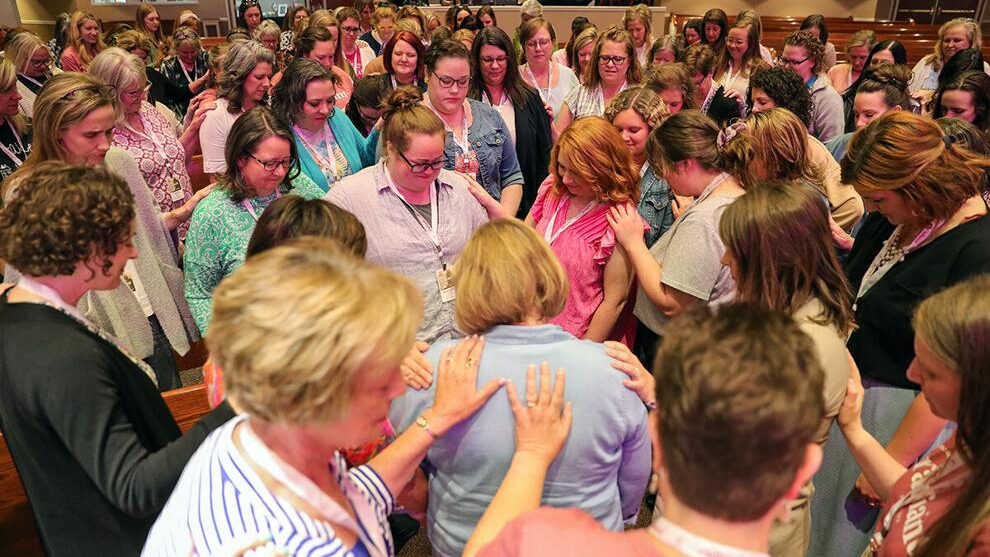There was a creak, then the sound of something cracking, then people running, and finally a crash. It was April 7 at the 2023 Masters Tournament in Augusta, Georgia. Three giant trees fell to the ground during tournament play. At the Masters, everyone in a wide area of the course heard the trees fall.
Over the last few centuries, people have debated if falling trees make a sound if no one hears them.
The full quote is from George Berkeley, an Anglican bishop and philosopher at the turn of the 18th century. “If a tree falls in a forest and no one is around to hear it, does it make a sound?” The answer, according to Berkeley, was that it did make a sound because God heard it.
If you define sound as the physical phenomenon of vibrations traveling through the air, then the answer is “yes.” When trees fall, they create vibrations in the air that travel in all directions. These vibrations can be detected by recording devices even if no one is around to hear them.
However, if you define sound as the subjective experience of literally hearing trees fall, then the answer is “no.” Sound is only created when the vibrations in the air are detected by the ear and processed by the brain. If no one is present to hear trees fall, then there is no sound.
Communication
I believe noise is communication if heard, understood and acted on. We need to make more noise in our associations by communicating the inspiring stories of what God is doing in and through congregations.
In associational life, amazing stories of Christian ministry taking place in congregations is something everyone needs to hear. But the silence is deafening. Too often no one hears about them.
I strongly believe storytelling should be a hallmark of associational life. It makes the best kind of noise.
The first five independent contractors I utilized in my latest associational staff role six years ago were:
- Someone to write the stories of God’s mission being fulfilled in our association.
- Someone to record and distribute podcasts of these stories.
- Someone to design the twice-monthly e-newsletter to share these stories.
- Someone to design a new website on which we could post these stories.
- A social media consultant to boost our presence in various places to share these stories.
All of these were making noise by telling the stories of what God was doing in and through the churches in our association.
As we came out of the pandemic, we added another element to our storytelling strategy: showing the stories and seeing the noise.
Just before the pandemic, the association sold its office building and invested the funds with our state convention’s foundation. We did not need the office building anymore since it was too big and cost too much to maintain and since our strategy was changing.
We moved into a couple of rooms in one of our churches where we could get access to larger meeting rooms.
Then during the pandemic when we were officing in our homes, we decided to move to the next stage of our strategy. We went totally virtual with no office.
When we needed to gather for meetings, we met in one of our churches and invited the pastor and staff to have lunch with us. We let them tell and show their stories. We spent time in prayer with them. We made noise.
An important caution
Before any of us get too proud of ourselves about what we are doing to communicate the inspiring stories of Christian ministry, let’s remember what George Bernard Shaw said: “The single biggest problem in communication is the illusion that it has taken place.”
Despite all our efforts, many great stories of God’s love go unheard, even by the people sitting in the pews and chairs in our churches.
May no trees fall in your associational fellowship area without someone being around to hear them make noise.
May no inspiring stories of Christian ministry from which all congregations need to learn take place in your association without dozens to hundreds to thousands of people hearing them.








